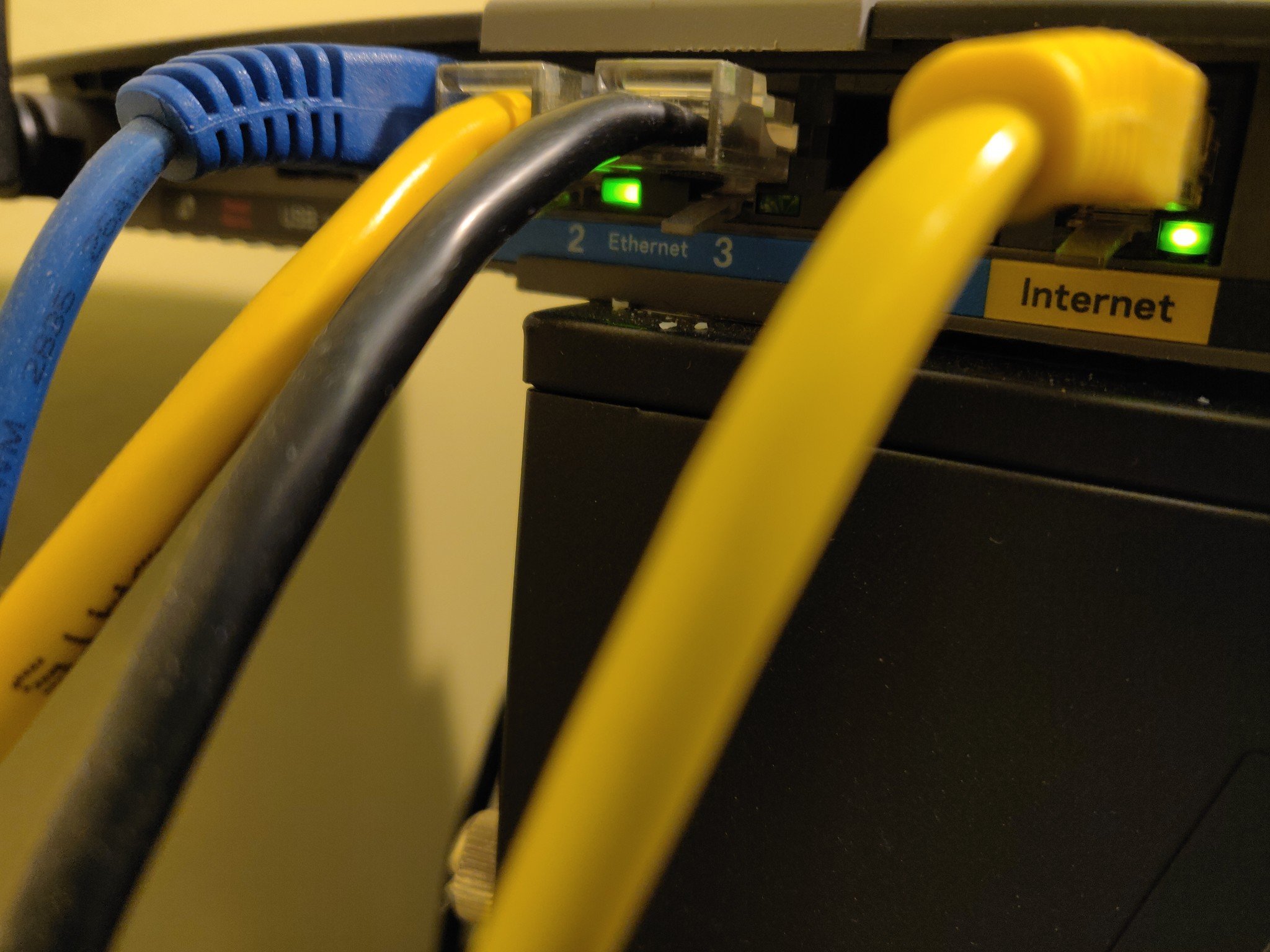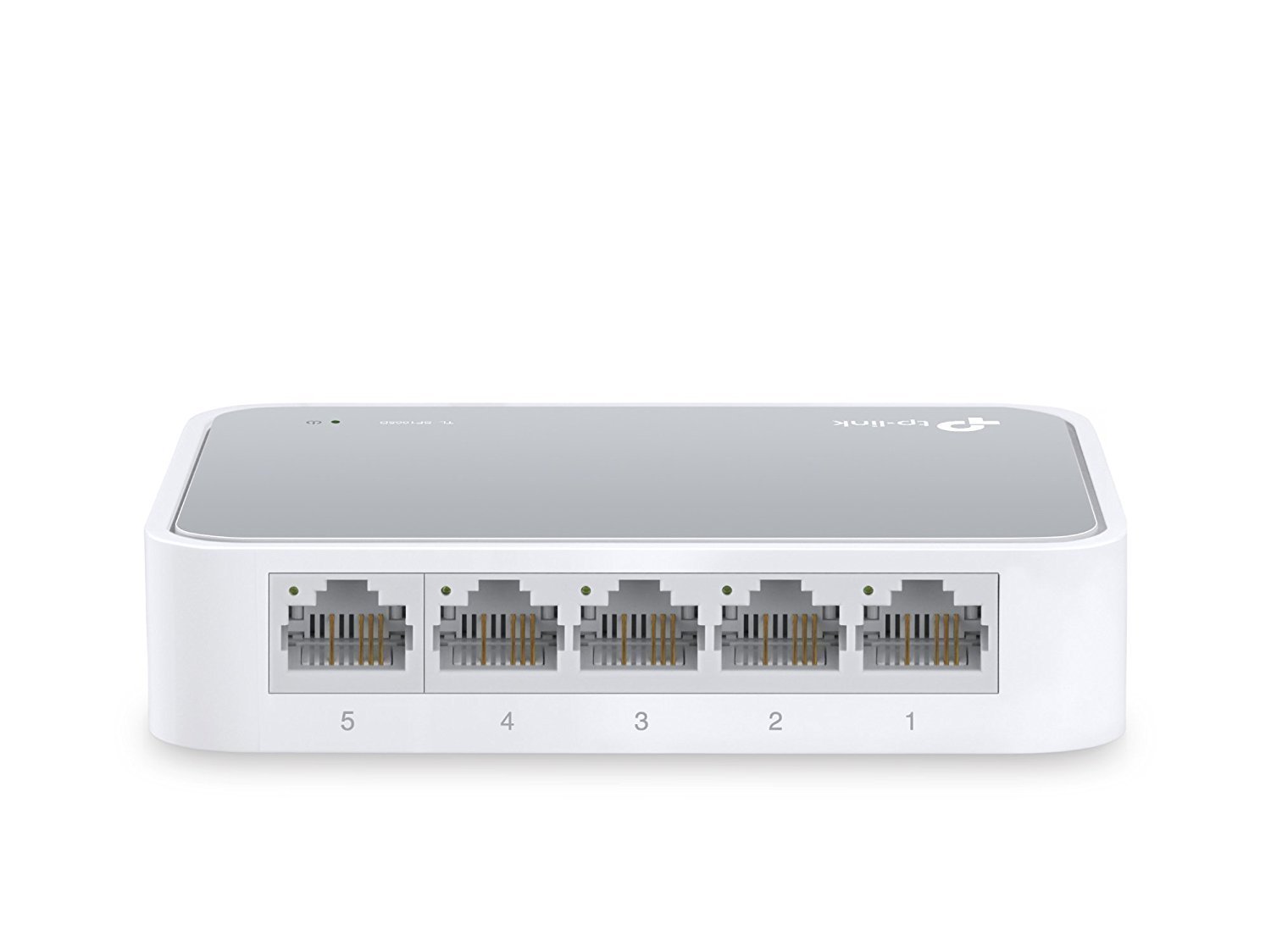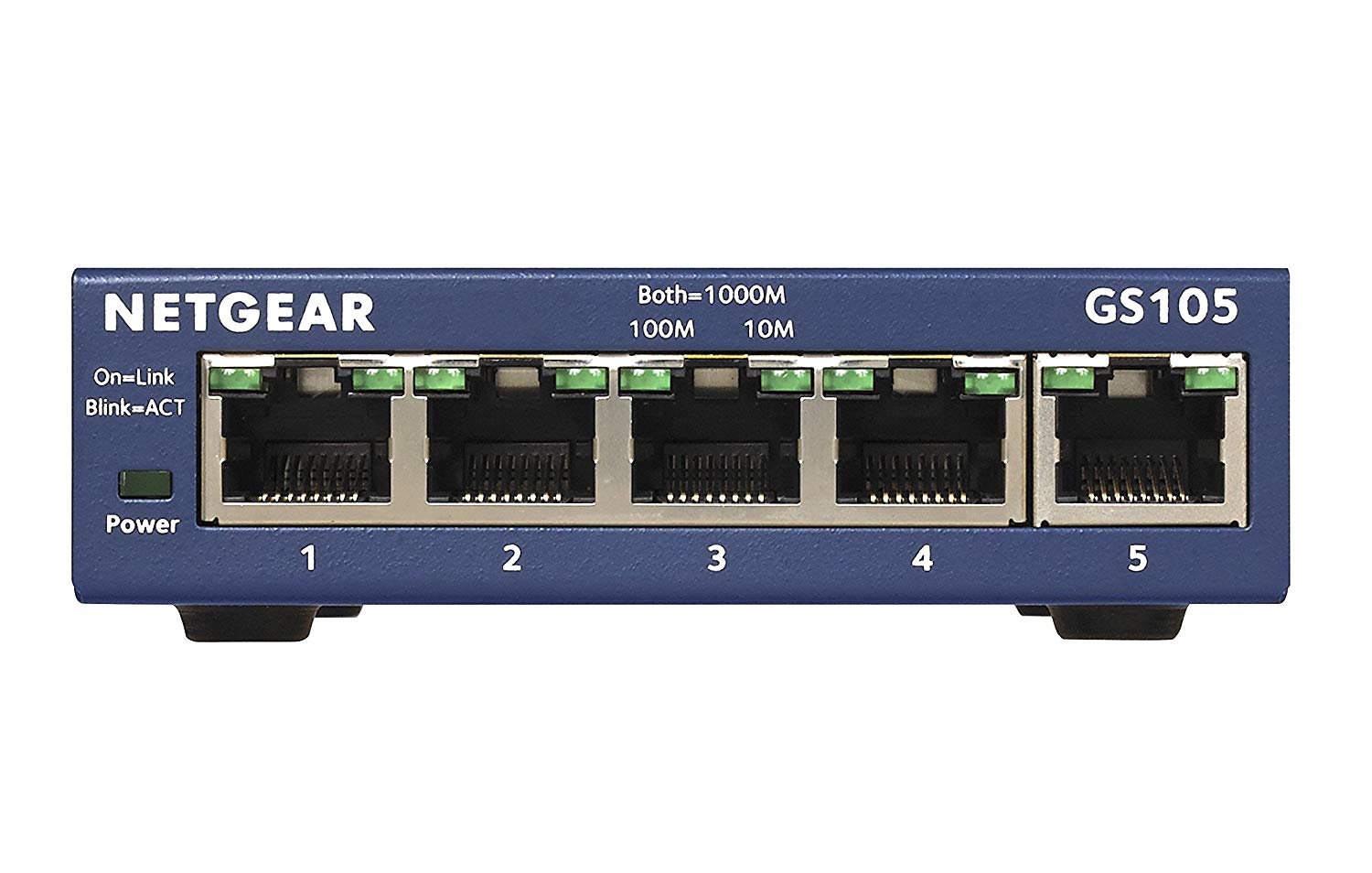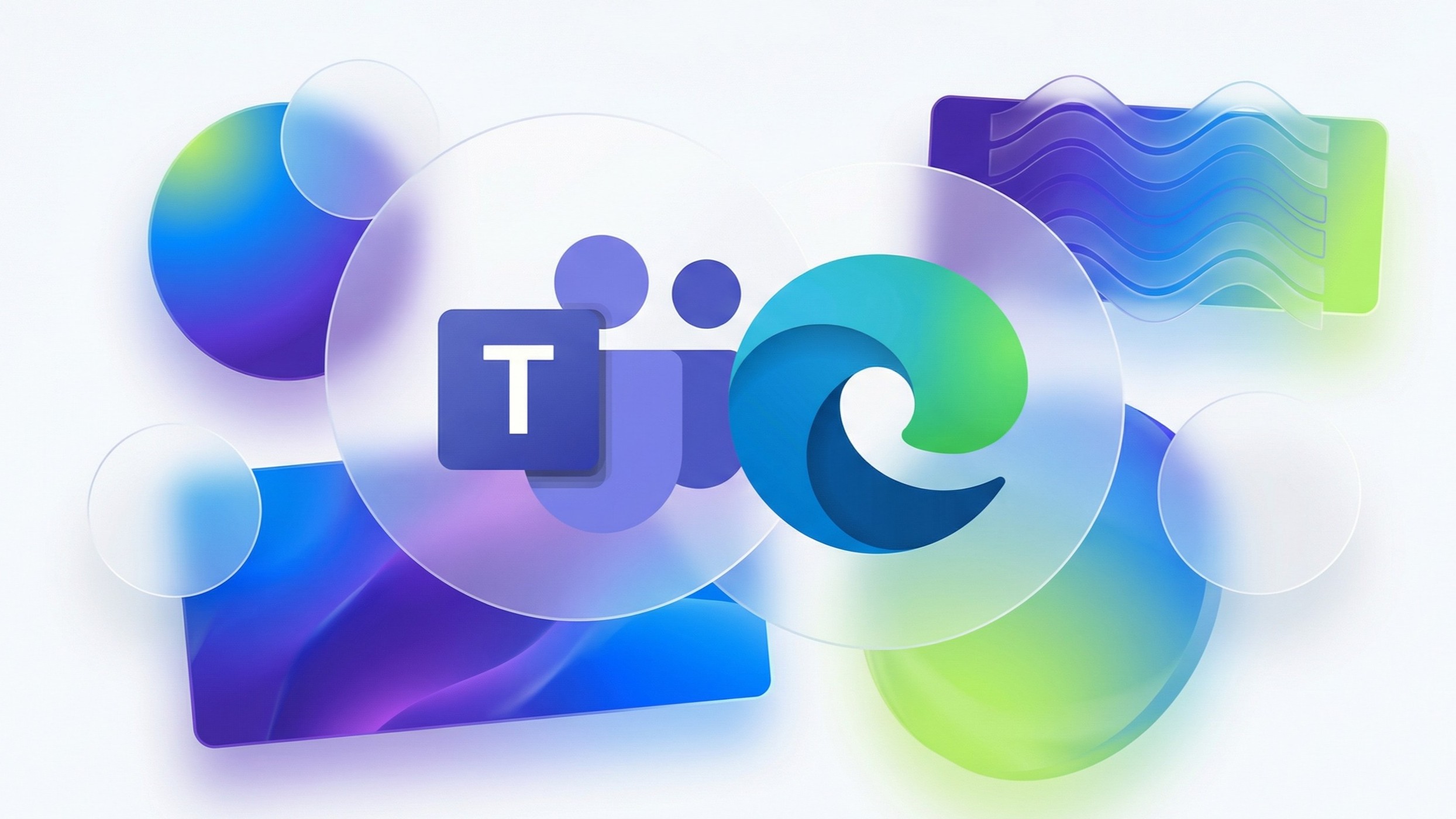Fast Ethernet vs. Gigabit: Which network switch should I buy?
From LAN parties to getting work done, we've used our share of local networks. Here's a breakdown of what you need to meet the demands of your home or business.

All the latest news, reviews, and guides for Windows and Xbox diehards.
You are now subscribed
Your newsletter sign-up was successful

Fast choice
Fast Ethernet can handle speeds up to 100 Mbps. This is faster than many broadband connections and more than enough for many people's local network use. If you're using this at home or for a small business, you probably won't need anything faster.
Pros
- Fast enough for many setups
- Works with some older setups
- Good for home or small business use
Cons
- Can bottleneck speeds when used heavily
- Will become more outdated over time

Faster than fast choice
Gigabit Ethernet can handle the fastest home broadband connections and has the bandwidth to handle high local network demands. It's relatively futureproofed and will ensure speedy Internet and local network speeds.
Pros
- Can handle Gigabit internet such as Google Fiber
- More futureproof than Fast Ethernet
- Has incredibly high local network transfer speeds
Cons
- Can require newer hardware
- Requires all hardware to be Gigabit compatible
Figure out exactly what kind of space you're covering and how much internet you need before making a decision. Fast Ethernet switches are ideal for home or small business use where speed demands are relatively low. If you have higher speed demands for your network, you should steer towards Gigabit Ethernet.
Getting connected
Ethernet switches work a bit like train lines, with the switch directing which data goes to which device. They help keep connections separate from each other, which helps each device on the network have access to that network when needed. They help ensure that each device can transfer data through the network despite what other users on the network are doing.
Ethernet switches are designed to help devices connect directly to each other through a network and to help connect devices to the internet. For many users, the biggest difference between Fast Ethernet and Gigabit Ethernet comes down to local network speeds. Many broadband connections are 100 Mbps or under, and if that's the case for you, it won't matter what switch you use. You won't get a faster internet connection than what your provider gives you.
When it comes to local networks, the more bandwidth you have, the more all of your combined users on the network can do simultaneously. For example, if you're in an office and many people are moving data through the network at once, a Gigabit Ethernet switch will lower the chances of bottlenecks that can lead to lower speeds.
It's important to note that to utilize the full bandwidth of your Gigabit Ethernet switch you need all components on your network to support Gigabit speeds. If one device in the chain is slower, it will slow down the entire setup. This is also true for a Fast Ethernet Switch but is less likely to be an issue because most hardware supports up to 100 Mbps.
| Header Cell - Column 0 | Fast Ethernet | Gigabit Ethernet |
|---|---|---|
| Speed | 10/100 Mbps | 10/100/1000 Mbps |
If you're on a budget, or just don't expect to ever need a network speed faster than 100 Mbps, then Fast Ethernet will meet your demands and save you money. This will be the best option for most people. If you heavily use your network, have a high number of users on the network, or want to help futureproof your home or office, you should go with Gigabit Ethernet.
All the latest news, reviews, and guides for Windows and Xbox diehards.

Sean Endicott is a news writer and apps editor for Windows Central with 11+ years of experience. A Nottingham Trent journalism graduate, Sean has covered the industry’s arc from the Lumia era to the launch of Windows 11 and generative AI. Having started at Thrifter, he uses his expertise in price tracking to help readers find genuine hardware value.
Beyond tech news, Sean is a UK sports media pioneer. In 2017, he became one of the first to stream via smartphone and is an expert in AP Capture systems. A tech-forward coach, he was named 2024 BAFA Youth Coach of the Year. He is focused on using technology—from AI to Clipchamp—to gain a practical edge.
